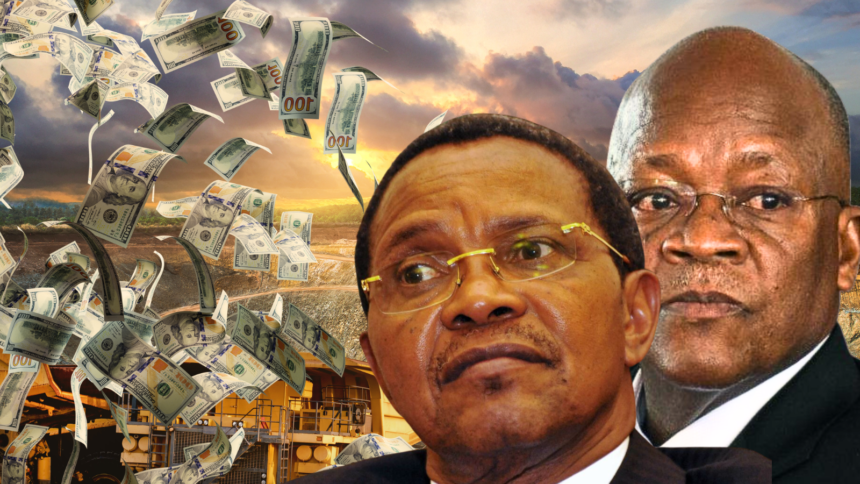This week, the UK newspaper, The Globe and Mail, has published over 100 emails concerning Tanzania. These emails shed light on how Barrick Gold, through their subsidiary Acacia in Tanzania, made substantial payments to what is referred to as the National Task Force in Tanzania as security expenses, with the main recipient being the Inspector General of Police (IGP).
These payments transpired between 2014 and 2019, and there is no record of any Tanzanian news outlet reporting on this matter. The UK’s publication of this information follows its relevance being raised in another court case in the UK.
This revelation raises several questions
Awareness of Past Presidents, Did the Presidents in office during this period, namely President Kikwete and President Magufuli, have knowledge of these payments? Did they endorse or approve of them?
Is the practice of investors making undisclosed payments to governments for additional security commonplace? Do all investors make such payments, and is this a hidden expense in addition to taxes?
Media Oversight: If such practices are not standard or ethical, why didn’t our local media outlets uncover and report on these payments? What role did the Prevention and Combating of Corruption Bureau (TAKUKURU) play in this regard? Do we lack investigative journalism in Tanzania?
Utilization of Funds: If these security payments were legitimate, where did the funds go? Were they allocated to high-ranking officials or the rank-and-file law enforcement personnel who were directly involved in providing security?
This development underscores the importance of the Commission formed by President Samia to bring about improvements in our security and justice systems. While she may face challenges in reforming entrenched systems, there is hope that she will succeed. It is also high time for our local media to self-reflect on their role in uncovering critical stories like these, which we are now learning about through foreign media outlets.


